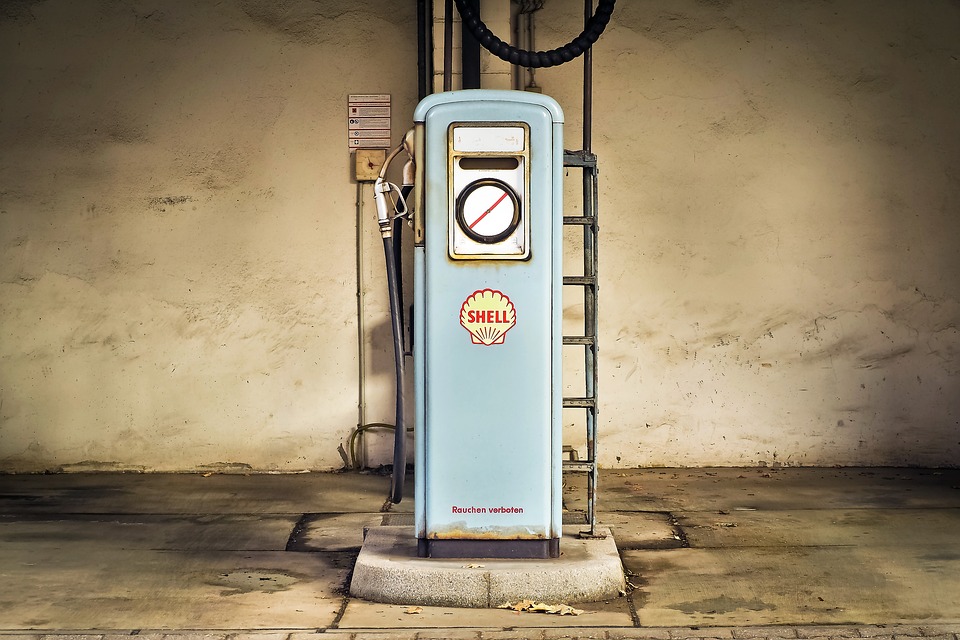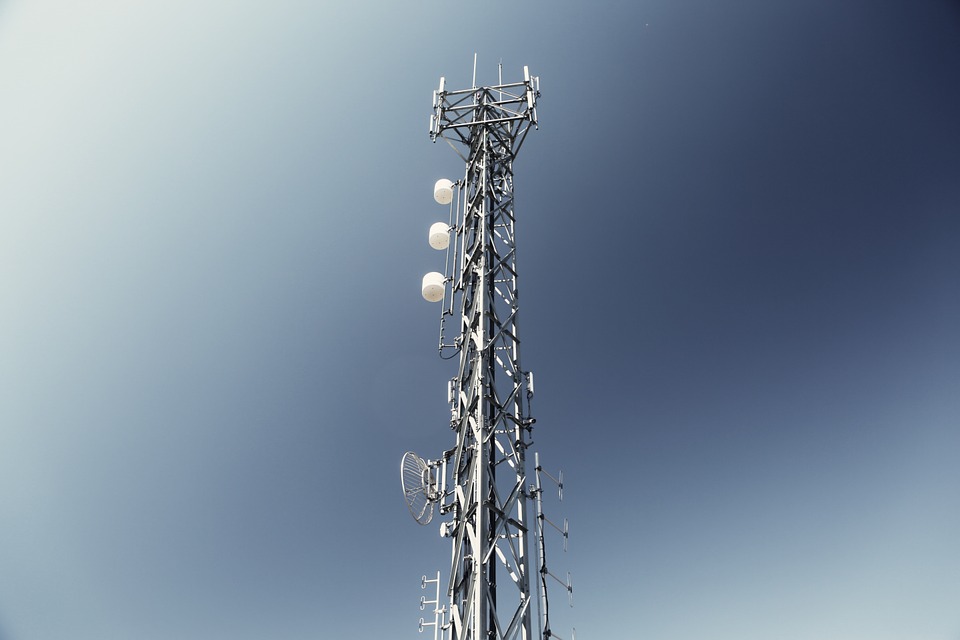Improve Your IQ, Subscribe to Suvipra’s Newsletter
Now that we know there exists a choice for individual tax payers to opt for either the old tax regime or the new one announced in the Union Budget 2020, there are some key points to notice. Will the new taxation scheme, which has concessional rates, benefit every taxpayer? Why is then there a choice? Doesn’t prudence demand that if the new regime is a tax-saving one for all taxpayers, all income tax lawyers and chartered accountants should advise their clients to go for it? But this isn’t the case in reality. Let’s know more.
What is the key difference?
In a single sentence, the difference is simple to understand. Under the new tax system, taxpayers will fall under reduced tax slab, however, most of the exemptions and deductions that one can opt under the old structure will not be available. For example, any individual with income upto INR 750,000 will have to part with 10 percent of this income as tax under new regime. The same would be 20 percent under the old system. The standard deduction of INR 50,000 and deduction under Section 80C of the Income Tax Act are two major deductions not allowed if one goes for new tax system. Moreover, many taxpayers avail the deduction of interest on self-occupied property upto INR 2 lakh, which is not there under new system.
Can I make a shift only once?
It is to be remembered that those individuals who make money from business or profession can change their taxation to new system on a condition that they will have only one chance to revert to old structure in their lifetime. And if they choose to do so, they cannot pick the new scheme in their lifetime. For salaried, this choice is in fact unlimited. They can opt for any scheme, old or new, in any financial year. Further, CBDT has also clarified that even if the employer deducts TDS on the basis of old structure, the individual can change this to new one at the time of filing Income Tax return. Isn’t that a lot of time to think which is the best way to pay tax?
Which one is less hectic?
As we know that most of the deductions are not available under the new regime, it will involve less documentation. Thus, any investor who has made investments to save tax under Section 80C need not worry about finding receipts of such payments at the time of filing income tax return. Also, the choice of making investments if one avails the new scheme is virtually unlimited. The most irritating bit in the old tax regime is that a taxpayer is restricted to investing in certain instruments like PPF, which have certain lock-in period before investment could be withdrawn. However, if new system is opted then the taxpayer can even invest in open-ended instruments that can provide both good returns as well as liquidity as they can be withdrawn when desired.
What’s the best choice?
There cannot be a one-size-fits-all model here. It depends on how much money you make in a year and where you invest your savings. Tax experts have said that the new tax regime is beneficial for those in lower tax brackets. However, since the INR 1.5 lakh deduction under Section 80C isn’t available in the new structure, calculations should be done properly. When taken in account all the investments and expenses for which deduction can be availed under the old scheme, if one finds that the new tax system means higher outgo of taxes, the old one must be opted.
All employees must inform their employers about their choice of tax structure so that TDS can accordingly be deducted from their payouts, CBDT has clarified. At the same time, it is better to think in advance of the investments that one will make in the current financial year. Going for investments which are eligible for deduction under the old scheme is a better choice as they provide less liquidity in the short-term, however, at the end of the lock-in period they give good corpus to the investor. Not investing in these options, which are life insurance, national saving certificate (NSC), banks and post office FDs, etc. can leave one with less money in the later stages of professional life.
Also read: What Is Sensex And Nifty, And Should You Invest in Shares?
Suvipra aggregates essential blogs in one place for enhancing general awareness and intellect of the readers. Read to Succeed.
Reach a wider audience for free!
To get your blog published on Suvipra.com, click Submit Your Blog
Increase the number of clicks to your own website for free!
To submit the link to the blog on your website, click Submit your Blog Link


























